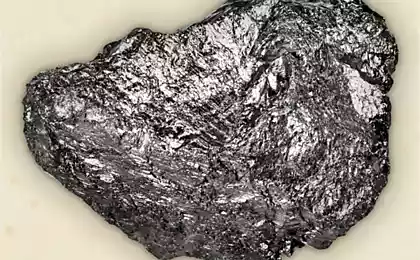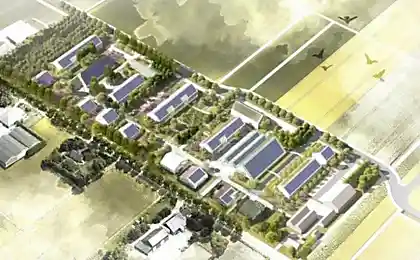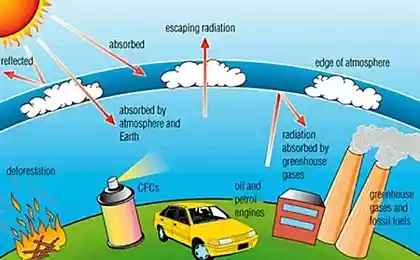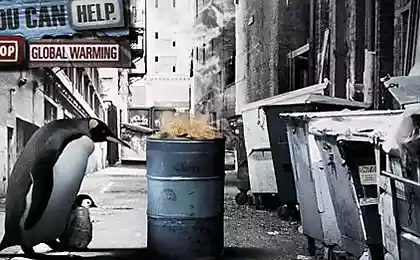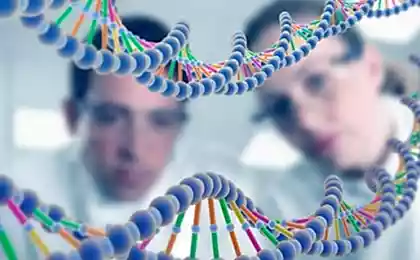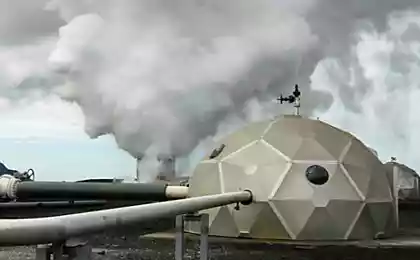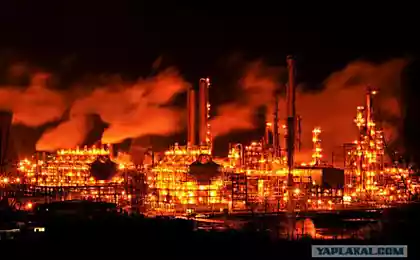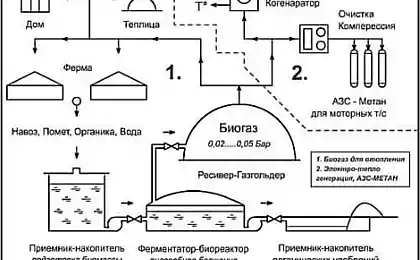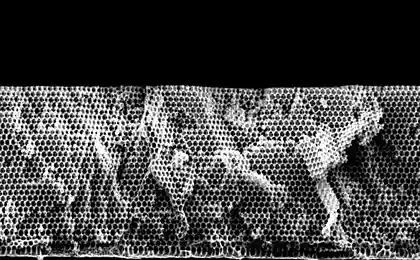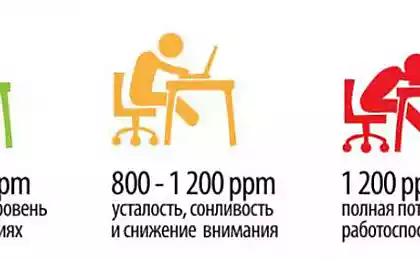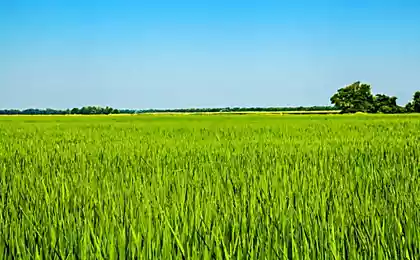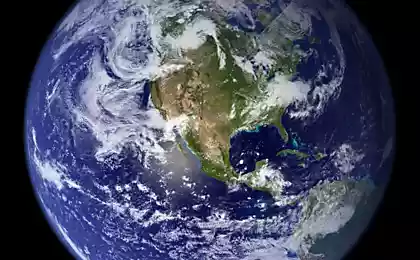484
The soil can become a source of carbon dioxide
If humanity continues to use and break ground in the next century in the same way as at present, the soil will not be able to counteract climate change and will become a net source of carbon dioxide in the atmosphere, experts warn.
Experts predict that a quarter of the carbon in the soil of France may be transferred to the atmosphere over the next 100 years. This can lead to the fact that the earth will become a net source of carbon dioxide. Currently, it is believed that soils absorb carbon dioxide and this partly counteracts the anthropogenic climate change.
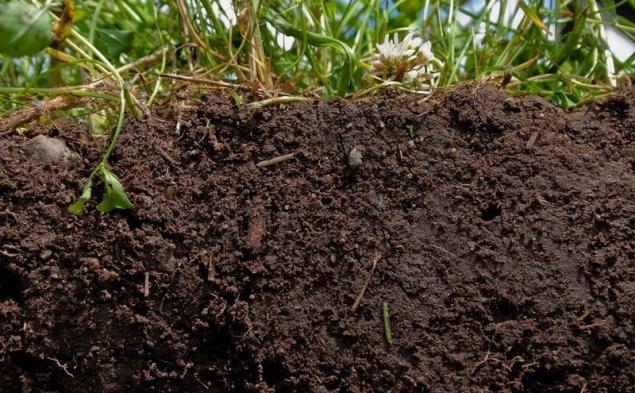
The pace and nature of projected changes in climate over the next century will make the soil can accumulate carbon, while the business connected with land management has, as usual, limited opportunities to counteract these trends, say experts from the University of Exeter, INRA and CERFACS in France and from the University of Leuven in Belgium, article published in the journal Scientific Reports.
If, as scientists predict, the soil will lose a significant portion svyazannogo carbon, it will jeopardize their ability to produce food and to retain water, which in turn can lead to soil erosion and flooding.

The researchers made these predictions for the 21st century by combining models of the carbon content in the soil and changes in land use with climate change projections, using France as an example. The study shows that earth's almost all uses will be subject to serious losses of carbon from soils by 2100. Only the conversion of land to grass or forest were given limited additional storage of carbon in soils. Unfortunately, land-use change is likely to occur on a large scale due to the pressure on land from urban expansion and increased food production.

The study's lead author Dr Jeroen Meersmans from the University of Exeter, said: "the Decline is due to anthropogenic, CO2 is crucial to prevent further losses of carbon from our soils. However, changes in land use and management that contribute to carbon sequestration in the soil are held within the framework of the strategy functions of the soil and mitigating the effects of climate change."
His co-author, doctor of the French National Institute for agricultural research, Dominique Arrouays added that "Purposeful and intended use of the land and changes in agricultural practices will be needed to mitigate the effects of climate change. Thus, efforts to increase sequestration of soil carbon should be immediately implemented". published
Source: phys.org/news/2016-11-soil-significant-source-carbon-dioxide.html
Experts predict that a quarter of the carbon in the soil of France may be transferred to the atmosphere over the next 100 years. This can lead to the fact that the earth will become a net source of carbon dioxide. Currently, it is believed that soils absorb carbon dioxide and this partly counteracts the anthropogenic climate change.

The pace and nature of projected changes in climate over the next century will make the soil can accumulate carbon, while the business connected with land management has, as usual, limited opportunities to counteract these trends, say experts from the University of Exeter, INRA and CERFACS in France and from the University of Leuven in Belgium, article published in the journal Scientific Reports.
If, as scientists predict, the soil will lose a significant portion svyazannogo carbon, it will jeopardize their ability to produce food and to retain water, which in turn can lead to soil erosion and flooding.

The researchers made these predictions for the 21st century by combining models of the carbon content in the soil and changes in land use with climate change projections, using France as an example. The study shows that earth's almost all uses will be subject to serious losses of carbon from soils by 2100. Only the conversion of land to grass or forest were given limited additional storage of carbon in soils. Unfortunately, land-use change is likely to occur on a large scale due to the pressure on land from urban expansion and increased food production.

The study's lead author Dr Jeroen Meersmans from the University of Exeter, said: "the Decline is due to anthropogenic, CO2 is crucial to prevent further losses of carbon from our soils. However, changes in land use and management that contribute to carbon sequestration in the soil are held within the framework of the strategy functions of the soil and mitigating the effects of climate change."
His co-author, doctor of the French National Institute for agricultural research, Dominique Arrouays added that "Purposeful and intended use of the land and changes in agricultural practices will be needed to mitigate the effects of climate change. Thus, efforts to increase sequestration of soil carbon should be immediately implemented". published
Source: phys.org/news/2016-11-soil-significant-source-carbon-dioxide.html
Almost every woman is interested to learn about the life of beloved men
Food POISONING: food, stealing our energy
